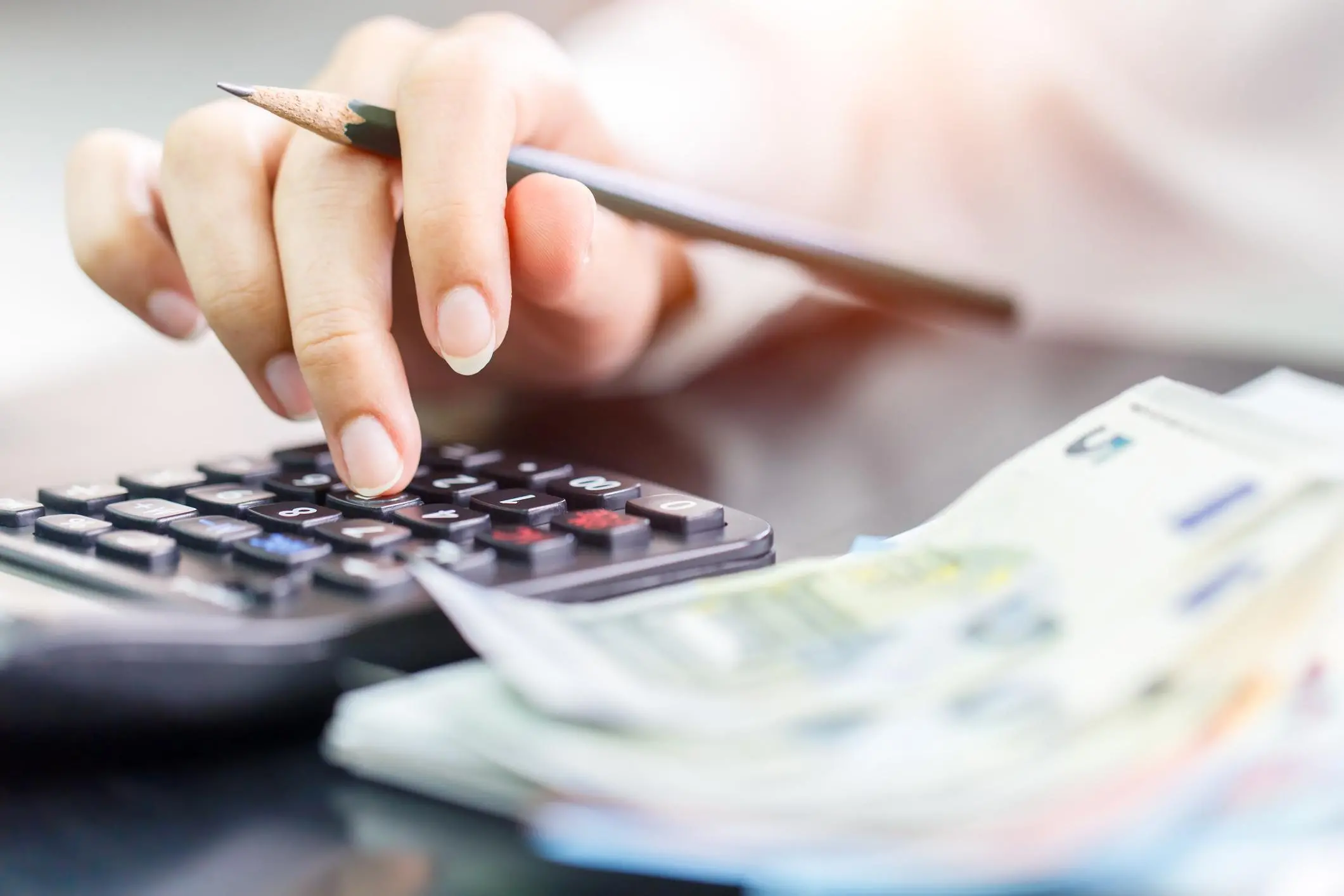PHOTO
Private sector lending is likely to remain muted for one to two years in GCC countries, except for Saudi Arabia, according to S&P Global Ratings.
The ratings agency said GCC central banks’ unprecedented interventions, in the form of liquidity injections and regulatory forbearance measures, had helped cushion banks from wider uncertainty and masked the true hit to their asset quality indicators.
However, a gradual recovery in private sector economic activity, supportive public sector demand for credit, and higher oil prices, which S&P assumes an average of $75 per barrel in 2021 and $65 per barrel in 2022, helped amortise the impact on banks, S&P Global Ratings said in an update.
However, according to the ratings agency, Saudi Arabia would see stronger growth in contrast to other GCC countries.
“Saudi Arabia will be an exception, with continuing strong lending growth, driven primarily by mortgages and to some extent the implementation of Vision 2030 investments,” it said.
Surge in NPLs
Overall, there had been only marginal improvement across GCC banks, S&P said.
“In turn, nonperforming loan (NPL) ratios increased only 20 basis points (bps) for the top GCC 45 banks between year-end 2020 and June 30, 2021,” S&P noted.
It was expected that the non-performing loan (NPL) ratio will rise in the next 12-24 months without exceeding five to six percent, compared to 3.8 percent at June 30, 2021, as forbearance measures are gradually withdrawn and the pandemic’s impacts on weaker businesses are revealed.
However, it is also expected that GCC economies will expand at an unweighted average of 1.8 percent in 2021 and 4 percent in 2022, in part facilitated by increased credit growth, S&P said.
“These factors underpin our expectations for average regional cost of risk to decline in 2021 and start to normalise from 2022,” the global ratings agency said.
The cost of risk is likely to remain high in the UAE, despite the extension of the central bank’s Targeted Economic Support Scheme (TESS).
“Dubai's hosting of the World Expo (Expo 2020), starting October, and other factors will improve economic sentiment, but it is unclear if this will continue when the event ends in March 2022,” S&P said.
(Writing by Imogen Lillywhite; editing by Seban Scaria )
Imogen.lillywhite@refinitiv.com
Disclaimer: This article is provided for informational purposes only. The content does not provide tax, legal or investment advice or opinion regarding the suitability, value or profitability of any particular security, portfolio or investment strategy. Read our full disclaimer policy here.
© ZAWYA 2021




















